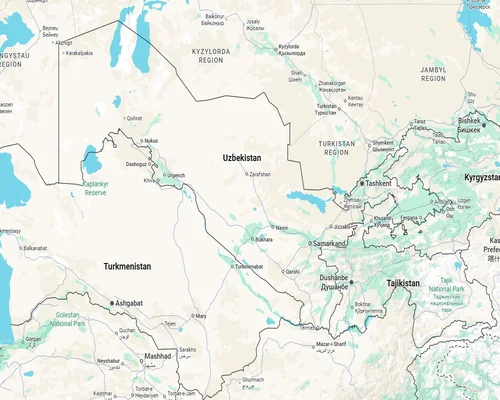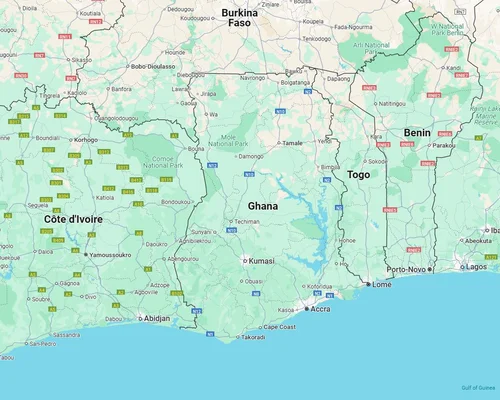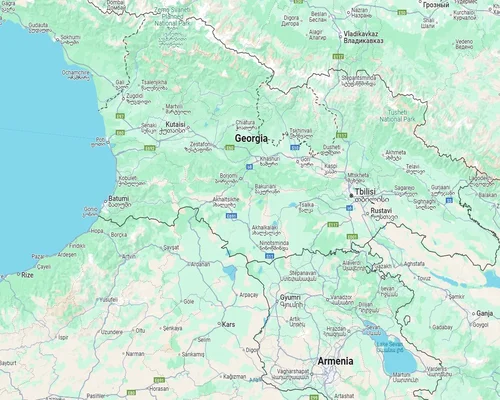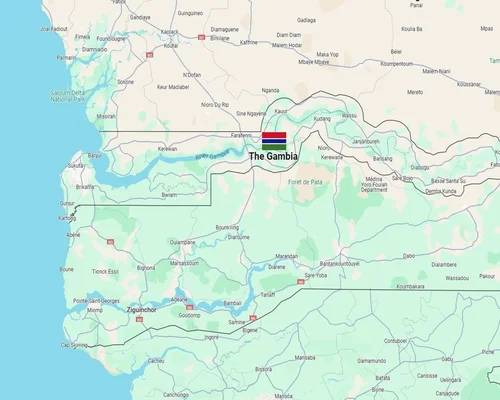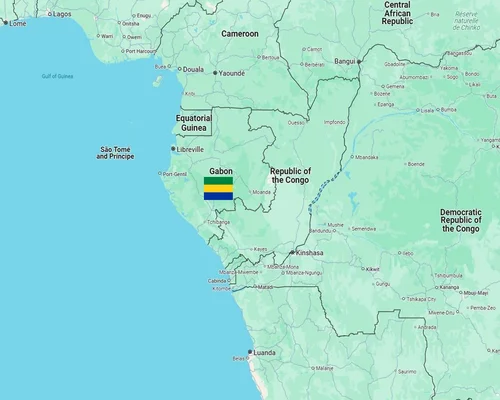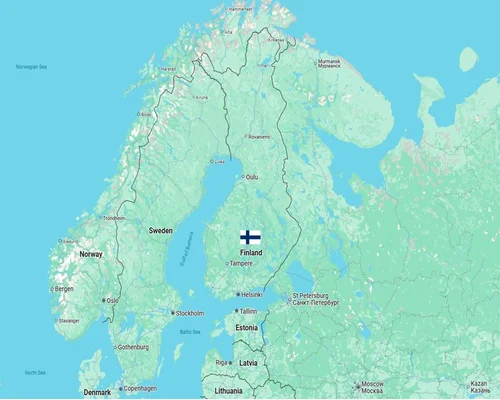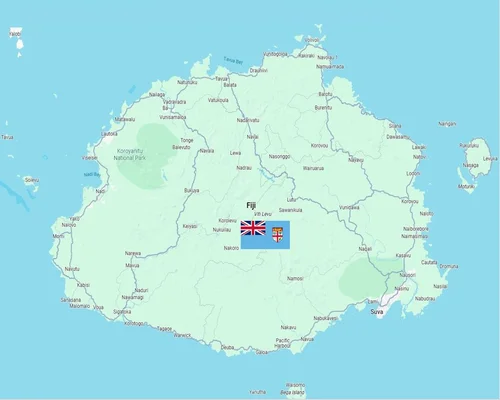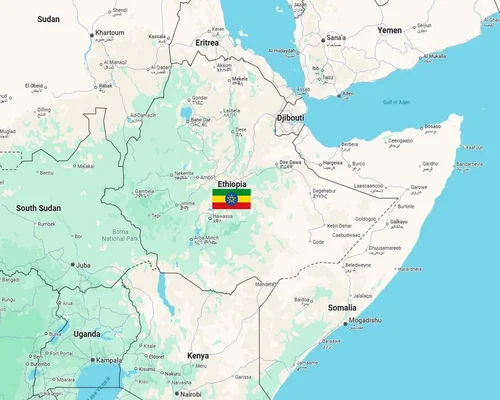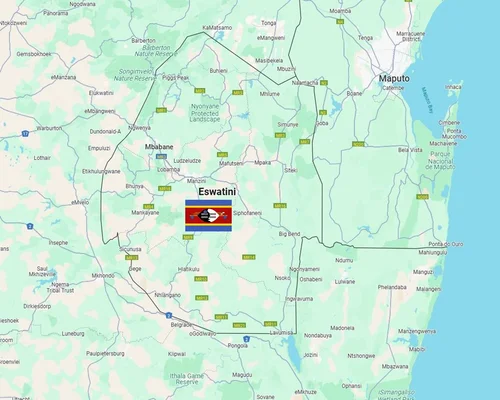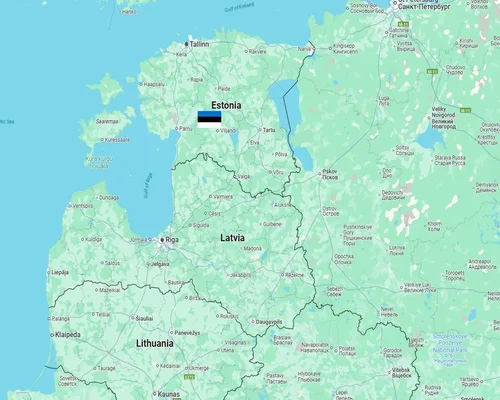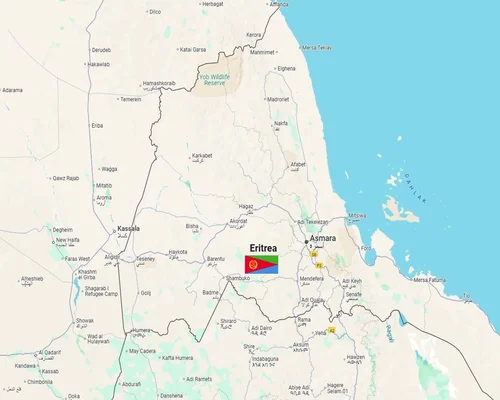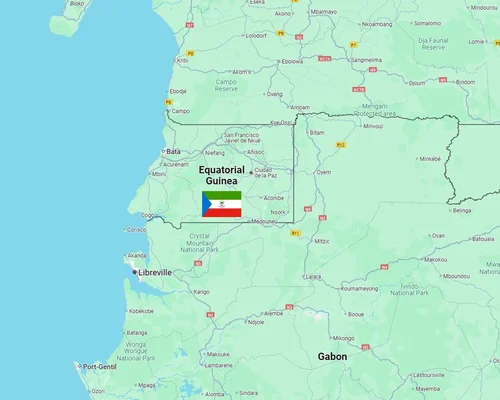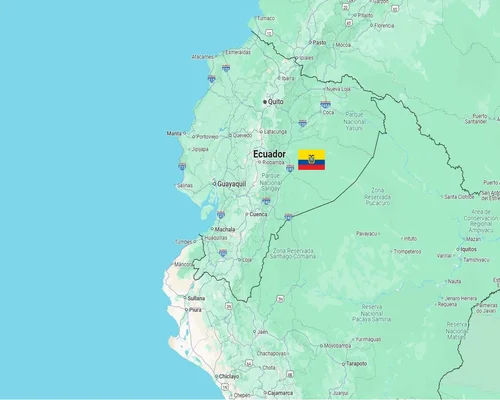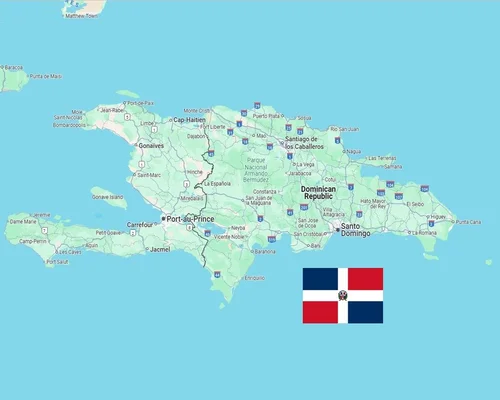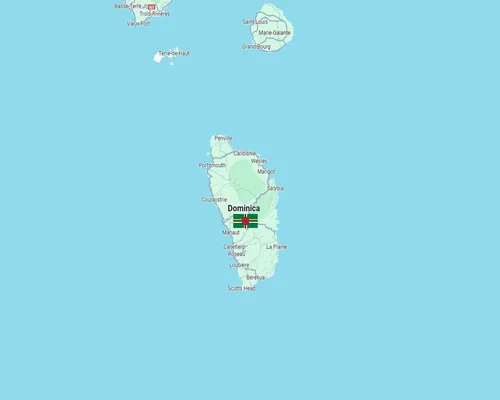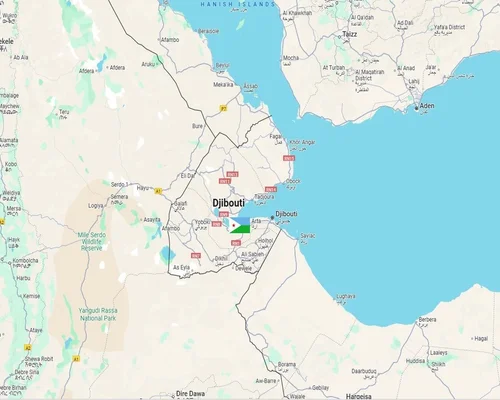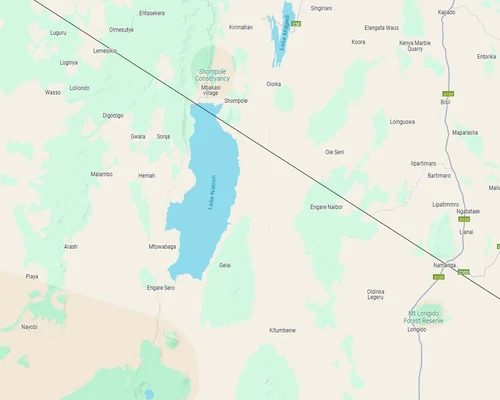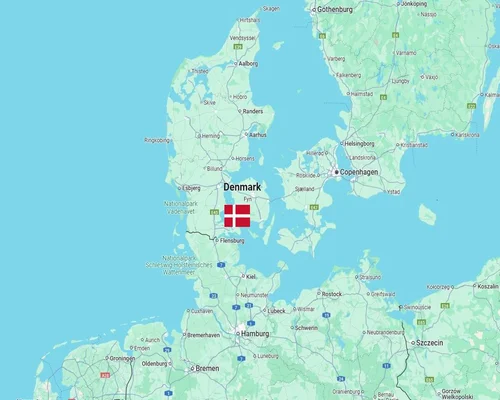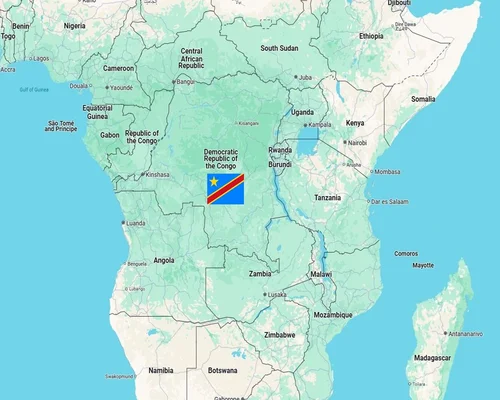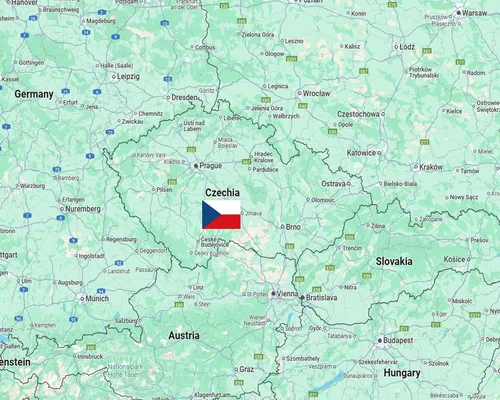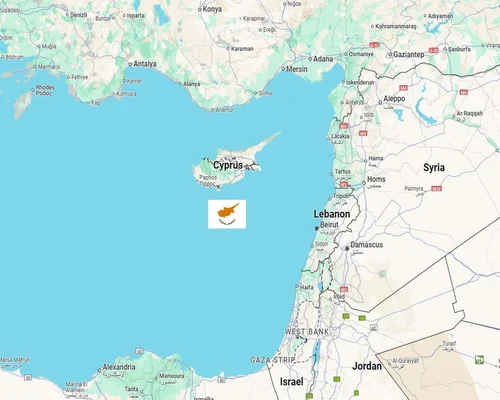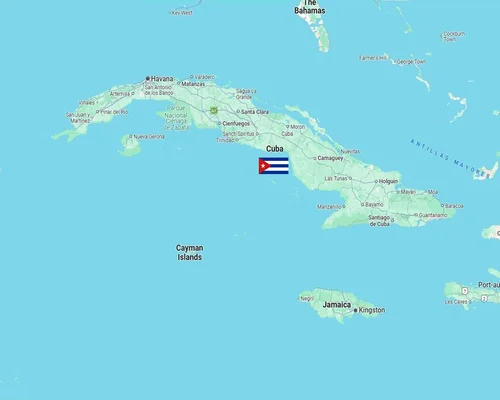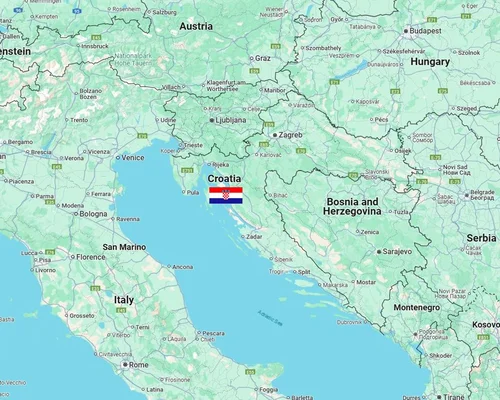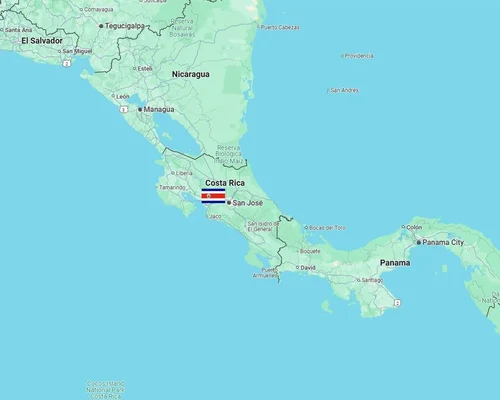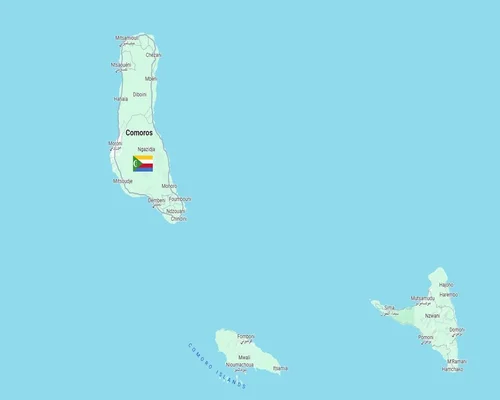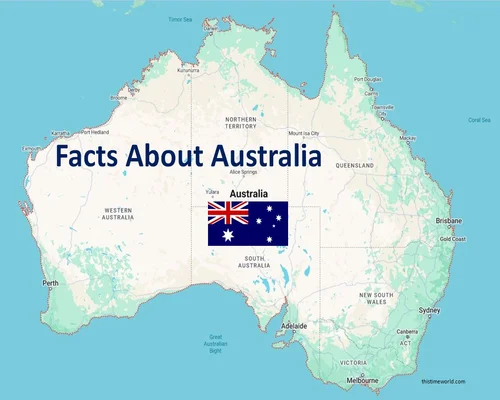
Australia Facts About | Historical, Fascinating, Economy, Education & Culture
Information about Australia
Here are some interesting facts about Australia:
Wildlife: Australia is home to some of the most unique and diverse wildlife in the world, including kangaroos, koalas, wombats and Tasmanian devils. Many of these species are endemic to countries found nowhere else in the world.
Great Barrier Reef: This is the largest coral reef system in the world, stretching 2,300 kilometers (1,430 mi) along the Queensland coastline. It is so vast that it can be seen from space.
Vast Outback: Australia has one of the most extensive and arid deserts in the world, known as the Outback. This vast expanse covers the interior of the country and is characterized by its red sand, unique rock formations and extreme temperatures.
Unique Landmarks: The country boasts of iconic landmarks like the Sydney Opera House, a masterpiece of modern architecture and the Sydney Harbor Bridge. Uluru (Ayers Rock), a massive sandstone monolith in the Northern Territory, is also an iconic symbol of the country.
Multicultural Society: Australia is a multicultural society, enriched by its diverse population with immigrants from different countries. This diversity is reflected in its cuisine, cultural events and traditions.
Sports Culture: Australians are passionate about sports, with cricket, Australian Rules Football (AFL), rugby and surfing being the most popular. The country has a rich sporting tradition and regularly hosts major international sporting events.
Unique Geography: Australia is the sixth largest country in the world, spanning the entire continent. It is one of the driest inhabited continents on Earth, with a landscape that ranges from lush rainforests to vast deserts.
These fascinating aspects contribute to Australia rich cultural and natural heritage, making it a country with unique experiences and landscapes.
Here is a fascinating fact about Australia:
Time Zones: Australia has three different time zones, ranging from UTC+8 to UTC+11. However, there is a small part of the country, Lord Howe Island, which operates at UTC+10:30, making it a unique time zone within Australia. The island is located in the Tasman Sea about 600 kilometers (370 mi) east of mainland Australia.
This diverse range of time zones across the country adds to the unique characteristics of Australia geographical spread, leading to New Year Eve celebrations at different times.
Historical facts about Australia
Here is a historical fact about Australia:
Colonial Settlement: Australia was primarily inhabited by Aboriginal Australian people for thousands of years prior to European colonization. The arrival of British settlers on January 26, 1788, marked the first European settlement in Australia at Port Jackson (now Sydney). This day is now celebrated annually as Australia Day.
The early settlement was led by Captain Arthur Phillip, who established the first penal colony in New South Wales. Over time, more colonies were established across the continent, leading to the formation of the Commonwealth of Australia on January 1, 1901, through the federation of six independent British colonies. It marked the birth of modern Australia as a nation.
Special information about Australia
Australia is a unique and diverse country known for several distinctive features:
Biodiversity: It is home to a wide array of unique flora and fauna, including iconic animals such as kangaroos, koalas, wombats and the Tasmanian devil. The country has diverse ecosystems, from the Great Barrier Reef to the vast Outback.
Natural Wonders: Australia boasts of extraordinary natural landmarks such as the Great Barrier Reef, the world largest coral reef system; Uluru (Ayers Rock), a massive sandstone formation; and stunning landscapes such as the Kimberley region, outback and pristine beaches.
Cultural Diversity: Australia is a melting pot of cultures, with a rich Aboriginal heritage and a multicultural society. Its diverse population brings a fusion of customs, languages, cuisines and traditions from around the world.
Sporting passion: Australians are passionate about sports, with cricket, Australian rules football (AFL), rugby, soccer and surfing popular. The country regularly hosts major international sporting events.
Unique geography: It is the sixth-largest country in the world, with a variety of geographical features, from lush rainforests to arid deserts. Its size and geographical diversity make it a haven for adventure seekers.
Quality of life: Australia consistently ranks high on global quality of life indices due to excellent healthcare, education and overall quality of life.
Innovation and Research: The country is at the forefront of innovation and research in various fields, contributing significantly to advancements in science, technology and numerous industries.
These aspects, among others, make Australia a unique and explorable destination known for its natural beauty, cultural richness and high standard of living.
Amazing facts about Australia
Here is an amazing fact about Australia:
Dingo Fence: Australia is home to the longest fence in the world, known as the Dingo Fence or Dog Fence. Stretching 5,600 kilometers (3,488 mi), it is almost twice the length of the Great Wall of China. The fence was built in the 1880s and stretched across South Australia, Queensland and New South Wales to protect cattle from feral dingoes (native wild dogs) in the southeastern part of the country.
Australia History, cities, population, capitals, maps and information
Australia is a large and diverse country located in the southern hemisphere. Here are some key facts about Australia:
History: Aboriginal Australians, known as Aborigines and Torres Strait Islanders, have lived in Australia for over 65,000 years. The arrival of British settlers in 1788 marked the beginning of European colonization. Australia was initially established as a penal colony and over time became a federation of states. On January 1, 1901, the Commonwealth of Australia was formed and it gained full independence from Britain in 1986.
Cities: Major cities in Australia include Sydney (the largest city), Melbourne, Brisbane, Perth, Adelaide and Canberra (the capital).
Population: According to the last update, the population of Australia was approximately 26,473,055 people on 31 March 2023. The population is diverse, representing different cultural backgrounds, stemming from many decades of immigration.
Capital: Canberra is the capital city of Australia. It was purpose-built between Sydney and Melbourne and officially became the capital in 1913.
Geography: Australia is the sixth largest country in the world and covers an entire continent. It is known for its diverse landscapes, including the outback (dry interior), tropical rainforests, pristine beaches, and the Great Barrier Reef, the world largest coral reef system.
Economy: Australia economy is highly developed, with strong sectors in mining, agriculture, tourism and technology. It is a member of the G20 and has a high standard of living.
Politics: Australia is a parliamentary democracy and a constitutional monarchy with a governor-general representing the monarch as head of state (currently Queen Elizabeth II). The Prime Minister runs the government.
Culture: Australian culture is a blend of Aboriginal heritage, British heritage and multicultural influences. It is known for its art, music, literature, sports (such as cricket, rugby and Australian Rules football) and a vibrant culinary scene.
Facts: Some unique facts about Australia include being home to some of the world deadliest animals, having unique wildlife like kangaroos and koalas, and possessing natural wonders like Uluru (Ayers Rock) and the Great Barrier Reef.
Information about Australian history
Here is an interesting historical fact about Australia:
The Stolen Generations: A significant and tragic part of Australia history is the period known as the Stolen Generations. Between approximately 1910 and 1970, Aboriginal Australian children, often of mixed descent, were forcibly removed from their families by government authorities. The purpose of this policy was to assimilate Aboriginal children into white Australian society.
Children, taken from their families and communities, were placed in institutions, missions, or foster homes. This practice had a devastating effect on the indigenous culture, as it led to the loss of many individuals language, cultural identity and family ties.
In 2008, the Australian government formally apologized to Aboriginal people affected by these policies, acknowledging the historical injustice and intergenerational trauma caused by the forced removal of children from their families. The Stolen Generations remain a significant and poignant aspect of Australian history, fueling ongoing efforts towards reconciliation and healing.
Information about the Australian Economy
Australia has a strong and diverse economy with several notable aspects:
Resource-rich economy: It is rich in natural resources, especially minerals such as iron ore, coal, gold and natural gas. These resources play an important role in Australia economy and contribute significantly to its exports.
Service sector: The service industry is a significant part of the Australian economy, encompassing sectors such as finance, healthcare, education, tourism and professional services.
Cities like Sydney and Melbourne are the financial centers of the Asia-Pacific region.
Trade and Exports: Australia domestically engaged national trade. Its major trading partners include China, Japan, South Korea and the United States. Key exports include minerals, agricultural products (such as wheat and wool) and services.
Agricultural production: Despite having a relatively small agricultural sector, Australia is a major producer and exporter of a variety of agricultural products. It is known for wheat, barley, beef, wool, dairy products and wine.
Technological advancement: The country has a strong focus on technological innovation and research, especially in areas such as renewable energy, biotechnology and mining technology.
Resilience and stability: Australia has demonstrated economic resilience and stability over the years, characterized by consistent growth, low unemployment rates and a strong regulatory environment.
Challenges and opportunities: Australia, like many other countries, faces challenges in balancing economic growth with environmental sustainability, tackling income inequality and adapting to changing global economic conditions. However, it also has growth opportunities, especially in emerging sectors such as renewable energy and technology.
Australia economy benefits from its diverse industries and resources, which contribute to its position as one of the countries with the highest quality of life.
Information about the population of Australia
Here are some key facts about Australia population, according to the latest knowledge update for 2023:
Population Size: The population of Australia was estimated to be around 26,473,055 people. Population has been increasing steadily over the years due to natural increase (more births than deaths) and immigration.
Diversity: Australia is a very diverse country with a multicultural population. People from different cultural backgrounds and ethnicities live in Australia, contributing to its vibrant society. Indigenous Australians, known as Aboriginal and Torres Strait Islander people, are an integral part of the country cultural identity.
Urban density: The majority of the Australian population lives in urban areas, with significant concentrations in major cities such as Sydney, Melbourne, Brisbane, Perth and Adelaide. These cities are centers of business, culture, education and entertainment.
Age distribution: Australia has an aging population, with a significant proportion of people over the age of 65. These demographic trends create challenges related to health care, elder care and workforce sustainability.
Immigration: Immigration plays an important role in the growth and diversity of Australia population. The country has a history of immigration, with people from around the world coming in search of opportunity and a better quality of life.
Please note that population statistics and trends may have changed since then. For the most up-to-date population statistics and demographic information about Australia, it is recommended to refer to the latest government census or official sources.
Information about cities in Australia
Here are some interesting facts about major cities in Australia:
Sydney: Sydney is the largest and most populous city in Australia. It is famous for iconic landmarks such as the Sydney Opera House and the Sydney Harbor Bridge. The city is known for its vibrant art scene, beautiful beaches (such as Bondi Beach) and diverse cultural offerings.
Melbourne: Melbourne is known for its cultural diversity, thriving arts and music scene and love of sports, particularly Australian Rules Football (AFL) and cricket. It is often ranked as one of the most livable cities in the world due to its quality of life, cultural events and culinary experiences.
Brisbane: Located in Queensland, Brisbane is known for its warm climate, outdoor lifestyle and proximity to popular tourist destinations such as the Gold Coast and Sunshine Coast. It is a center of business, education and tourism in the region.
Perth: Located on the west coast, Perth is known for its stunning coastline, beautiful parks and outdoor recreation opportunities. It is one of the most isolated major cities worldwide but offers a high quality of life and a growing mining industry.
Adelaide: Adelaide is famous for its parks, festivals and cultural events. It is recognized for wine regions such as Barossa Valley and McLaren Vale. The city offers a relaxed lifestyle and is often referred to as the "city of churches" due to its numerous historic churches.
Each of these cities has distinct characteristics, cultural attractions and lifestyle offerings, which contribute to Australia diverse urban landscape.
Information about education in Australia
Australia has a well-known education system with several notable features:
Quality Higher Education: Australian universities are globally recognized for their high quality education. Many universities consistently rank among the top institutions worldwide. Institutions such as the University of Melbourne, the Australian National University, the University of Sydney and the University of Queensland are highly regarded.
Diversity and multiculturalism: Australian universities attract a diverse student body from around the world due to their inclusive ethos and multicultural environment. This diversity enriches the learning experience and cultural exchange among students.
Innovation and Research: Australian universities contribute significantly to research and innovation in various fields. They are involved in cutting-edge research in fields such as science, technology, medicine and environmental studies.
Vocational training: In addition to universities, Australia offers strong vocational education and training (VET) programs. These programs focus on practical skills and industry-specific training, preparing students for careers in commerce, hospitality, healthcare and other sectors.
English Language Training: Australia is a popular destination for international students for English language courses. Many institutions offer English language programs to students from non-English speaking backgrounds.
Quality Assurance: The Australian Government maintains high standards of education through a rigorous quality assurance process. Institutions must adhere to strict accreditation and evaluation criteria to ensure academic quality and integrity.
Education exports: Education is a significant export industry for Australia. International students contribute to the economy and cultural diversity while studying in the country.
Overall, Australia education system is known for its quality, diversity and commitment to excellence, making it an attractive destination for students seeking high-quality education and cultural exposure.
Information about Australian culture
Australia has a rich and diverse culture shaped by its indigenous heritage, British colonial history and its multicultural society. Here are some interesting facts about Australian culture:
Aboriginal Heritage: Aboriginal and Torres Strait Islander peoples have a deep cultural heritage that dates back thousands of years. Their art, dream stories, dance and spiritual practices are integral to Australia cultural identity.
Multiculturalism: Australia is known for its cultural diversity, stemming from immigration from different parts of the world. This diversity is reflected in the country cuisine, festivals, traditions and language. It has contributed to a vibrant and inclusive society.
Sports Culture: Australians are passionate about sports, with cricket, Australian Rules Football (AFL), rugby, soccer, tennis and swimming being some of the most popular sports. The country hosts major international sporting events and has produced world-class athletes.
Arts and literature: Australian artists, writers, musicians and filmmakers have made significant contributions to the world art scene. Aboriginal art, contemporary Australian literature and Aboriginal storytelling are significant aspects of the cultural landscape.
Cuisine: Australian cuisine is influenced by its multicultural population and local produce. Meat pies, seafood (especially in coastal areas), barbecue (known as "barbies"), and native bush foods are part of the culinary identity.
Festivals and Celebrations: Australia celebrates its diverse culture, hosting events honoring Aboriginal culture such as the Sydney Festival, Melbourne International Comedy Festival and NAIDOC Week.
Outdoor Lifestyle: Australians enjoy an outdoor lifestyle because of the country beautiful landscape. Activities such as surfing, hiking, camping and enjoying beach culture are an integral part of Australian life.
These elements, among others, contribute to the rich tapestry of Australian culture, blending indigenous traditions, multicultural influences and contemporary expressions.
Did not know about Australia
Here are some lesser known and interesting facts about Australia:
Emu War: In 1932, Australia went to "war" against the emus. Farmers faced overpopulation of emus that damaged crops, leading to the "emu wars". The Australian military was called in, but the emus proved difficult to control, leading to a whimsical, yet unsuccessful attempt to control their numbers.
Pink Lake: Australia Located in the middle island of Western Australia is home to a remarkable natural phenomenon known as Lake Hillier. The bright pink color of the lake is caused by a specific algae and bacteria interaction, creating a unique view from above.
World Oldest Fossil: The oldest evidence of life on Earth dating back more than 3.5 billion years has been discovered in Western Australia Pilbara region. These ancient stromatolites provide insight into the earliest life forms on the planet
Boxing Kangaroo: Australia national airline, Qantas, features a kangaroo in its logo. However, some may not know that the kangaroo depicted in the logo is a stylized version of Australia known for its unique boxing-like fighting behavior.
The Great Emu War Memorial: Ironically commemorating the Emu War, there is a tongue-in-cheek memorial in Western Australia, which acknowledges the conflict between humans and emus. It is a testament to the country strange history.
Largest cattle station in the world: Anna Creek Station in South Australia, covering an area larger than Israel, is the largest cattle station in the world. It is a part of the vast agricultural sector of the country.
Canberra Unique Design: Canberra, the capital city of Australia, was planned and designed by American architects Walter Burley Griffin and Marion Mahoney Griffin. Its design has geometric shapes and patterns visible from above.
Australia rich history and unique features contribute to its fascinating cultural tapestry, making it a land of both natural wonders and intriguing stories.

